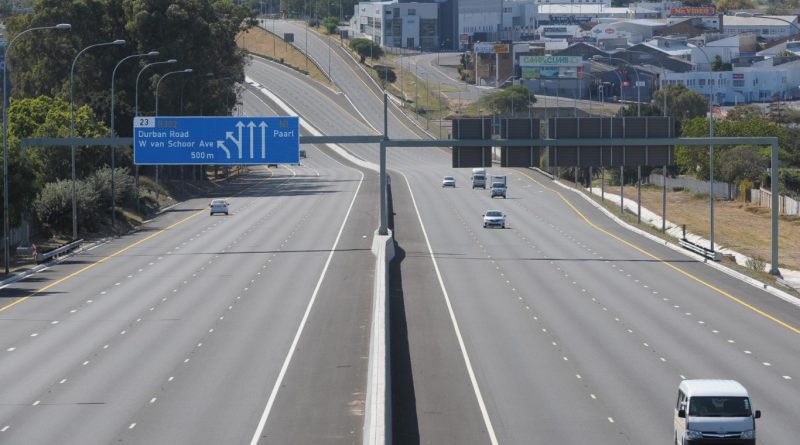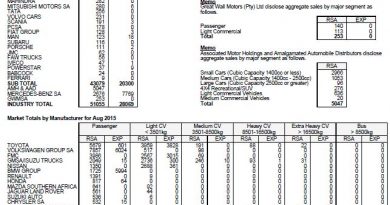Plummeting road crash numbers and car usage to reshape car insurance sector
South Africa’s rate of car accidents plummeted by around 75% in April as people stayed home to combat the spread of COVID-19. That’s according to stats from towing and roadside assistance provider, Global Choices, which shows that incidents for which they required a tow truck to be dispatched were at a quarter of the usual levels.
As a result, car insurers are under pressure to share some of the savings on reduced claims with their customers.
Data from online car insurance provider, Naked, suggests that its policyholders, on average, did not drive for more than 27 days of the first 35 days of lockdown. Naked offers a ‘CoverPause’ feature on its app, enabling customers to pause the accident portion of their cover and downgrade to stationary cover on the days that they’re not driving. Forty-six percent of customers that used CoverPause during the first 35 days of lockdown did so for 33+ days.
“This indicates that South African drivers adhered to the call to stay at home, only using their cars for essential trips as defined under the lockdown regulations,” says Naked co-founder, Ernest North. “It supports our decision to reduce premiums so that clients pay just roughly 10% of the normal comprehensive premium when they enable CoverPause.”
Kriben Reddy, TransUnion’s Head of Auto Information Solutions, adds that he expects the lockdown to permanently change the car market in South Africa. One of the most immediate impacts will be that many people who were planning to buy cars will delay their purchases, with the market only likely to bounce back after the lockdown is significantly relaxed.
Data from TransUnion shows that 19% of Millennials and 17% of Gen X consumers expect a significant delay in their timeline for purchasing a car. Furthermore, a growing portion of cars can be expected to be purchased with financing arrangements because interest rates are likely to be low for some time and because financially pressured consumers will be unable to pay cash. This may be partly offset by it becoming harder to access credit.
“We are expecting work-from-home to be a reality for many people for at least a year, meaning traffic won’t be back to usual levels for a while. Even after the pandemic, many enterprises will continue to support remote working because they have invested in the infrastructure and might see benefits in downsizing office space,” says Reddy, “Another trend that we’ll see is vehicle purchases moving online as people continue to follow physical distancing protocols.”
North adds that the new landscape will be rife with both challenges and opportunities for car insurers. An increase to the proportion of car buyers making use of vehicle financing could be positive for the insurance sector, given that insurance is mandatory on a financed vehicle. Increased numbers of people working from home could mean fewer car accidents and thefts in the future and lower claims in aggregate, but also increased pressure to pass those savings back to consumers.
“On the downside, the car market may shrink as consumers start to question whether they need two cars in their household; if they do want to keep both vehicles, they may downsize one of them to a runaround cheapie,” says North. The shift towards digital channels will also challenge insurance providers to find new distribution channels – for example, integrating with online car marketplaces.
“The rate of digital disruption in the car insurance industry has certainly accelerated as technology-driven startups offer customers more transparent and flexible insurance solutions,” says North. “Using artificial intelligence (AI) and digital channels allow us to bring costs down for the end-user and to make it easy for people to manage their own insurance coverage digitally.
“Given that people are becoming used to the convenience, low costs and control they get from digital tools they are using to manage their lives at this time, it’s difficult to imagine them going back to the old ways of doing things. Industries and companies that have not embraced digital will need to catch up – fast.”
Car Insurance Advice / Education and Road Safety in South Africa https://t.co/jBttTt6dJO #ArriveAlive #CarInsurance pic.twitter.com/9m14KNProF
— Arrive Alive (@_ArriveAlive) April 7, 2020
Also view:




